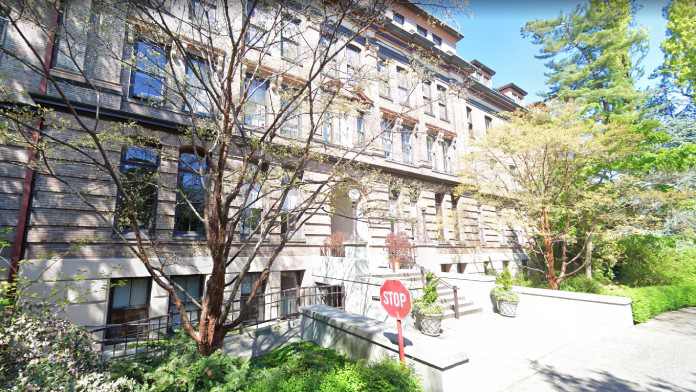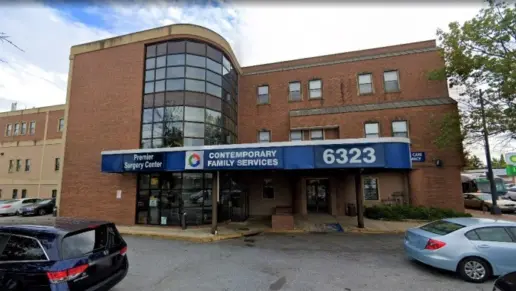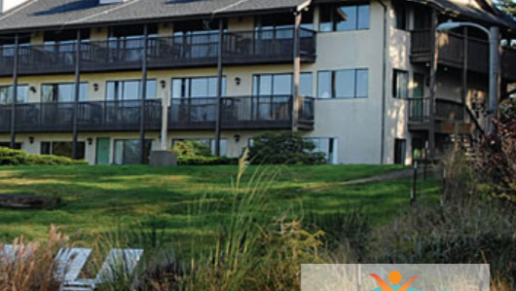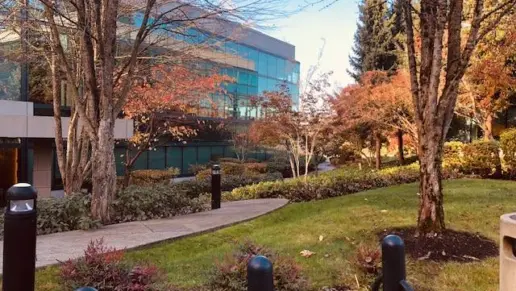About A Positive Alternative
A Positive Alternative, located in Seattle, Washington, provides alcohol and drug rehab services, dual diagnosis treatment, and mental health treatment in a gender-specific format. Their levels of care include an intensive outpatient program (IOP) and traditional outpatient care. A Positive Alternative does not utilize the 12 Step model of recovery.
Seattle, Washington, the birthplace of grunge music, is also home to A Positive Alternative. Since 1990, this outpatient substance abuse and co-occurring disorder treatment center has provided personalized care for adults. You can go here to access proven and holistic approaches and reach your recovery goals.
What stands out most to me is their programs are gender specific. They understand that unique biological and environmental factors play a significant role in addiction between genders. You can participate in attachment theory, acceptance and commitment therapy, cognitive behavioral therapy, and more.
Both programs highlight four foundational components: structure, support, accountability, and recovery tools. Still, you can access tailored methods and group sessions with peers on similar paths. You’ll benefit from a safe, respectful and accepting environment to share your story and grow in recovery.
Another cool feature is their six-week Mindfulness Based Relapse Prevention Program. This independent track offers expert-backed approaches and meditation practices to recognize and address triggers and automatic responses that contribute to addiction. Along with substance abuse, you can receive treatment for eating disorders, gambling and other behavioral addictions. That way you can leave rehab with new healthy coping and self care techniques to sustain recovery.
I also think it’s great that they have small group sizes. They limit sessions to a maximum of eight participants, with an average of five to seven. Smaller groups mean you’ll benefit from a more personalized experience with more space to share your experiences and get helpful feedback. You’ll also have a tight knit environment to connect with peers and learn from their perspectives.
Latest Reviews
Rehab Score
Gallery

Location
Other Forms of Payment
Private insurance refers to any kind of healthcare coverage that isn't from the state or federal government. This includes individual and family plans offered by an employer or purchased from the Insurance Marketplace. Every plan will have different requirements and out of pocket costs so be sure to get the full details before you start treatment.
Self-pay involves paying for treatment out of your own pocket. You can use savings or credit, get a personal loan, or receive help from family and friends to fund your treatment. If you don't have insurance or your insurance plan doesn't cover a specific program, self-pay can help ensure you still get the care you need.
Medicaid is a state based program that helps lower-income individuals and families pay for healthcare. Medicaid covers addiction treatment so those enrolled can use their coverage to pay for rehab. When a program accepts Medicaid the client often pays very little or nothing out of their own pocket.
Medicare is a federal program that provides health insurance for those 65 and older. It also serves people under 65 with chronic and disabling health challenges. To use Medicare for addiction treatment you need to find a program that accepts Medicare and is in network with your plan. Out of pocket costs and preauthorization requirements vary, so always check with your provider.
Addiction Treatments
Levels of Care
Programs


Clinical Services
Often, substance use disorder originates with negative thinking patterns. Cognitive behavioral therapy in Washington is designed to help individuals change these patterns of thought, which leads to changes in behavior and freedom from addiction.
Dialectical behavior therapy (DBT) is a highly structured form of therapy that teaches skills to help participants change negative thoughts and behaviors. Applying a philosophy of acceptance and change, you'll learn and practice these skills to break unhealthy patterns and establish healthy ones.
Group therapy is a safe space that offers you a confidential environment to openly discuss your challenges with addiction and the progress you're making without fear of judgment. Group therapy participants share responsibility for recovery, which fosters a collective commitment to sobriety.
Individual therapy sessions for drug and alcohol addiction treatment emphasize the importance of personalized care. Your therapist works with you to understand your unique life experiences and develop effective coping mechanisms to address your underlying issues. This comprehensive approach to recovery is the foundation of drug rehab.
Clinicians who apply motivational interviewing techniques engage with their clients as equal partners. This method avoids warnings and confrontation and instead allows clients to analyze their situation and explore their options. This technique is often used when the client feels unsure about their ability or desire to change.
The goal of trauma therapy is to help you heal from the aftereffects of a traumatic experience. Your therapist will provide you with a safe and supportive space to process these trauma memories and develop better coping strategies that enhance your emotional resilience.
Couples therapy can help a couple navigate their differences. By learning powerful interpersonal skills in therapy, the couple can work together to overcome challenges and change the direction of their relationship.
One goal of family therapy is to provide a platform where members have a safe place to talk about the challenges that addiction has created in their lives. Using guided sessions, therapists help individual family members develop healthy communication skills and address unresolved issues between themselves to support their loved one's sobriety.
Life skills training in Washington involves relearning how to manage daily living. It boosts your abilities and confidence so you can overcome challenges both big and small, without returning to substance use.
Amenities
-
Private Rooms
Accreditations

State Licenses are permits issued by government agencies that allow rehab organizations to conduct business legally within a certain geographical area. Typically, the kind of program a rehab facility offers, along with its physical location, determines which licenses are required to operate legally.
State License: Washington
Contact Information
4649 Sunnyside Ave N
UNIT 200
Seattle, WA 98103


